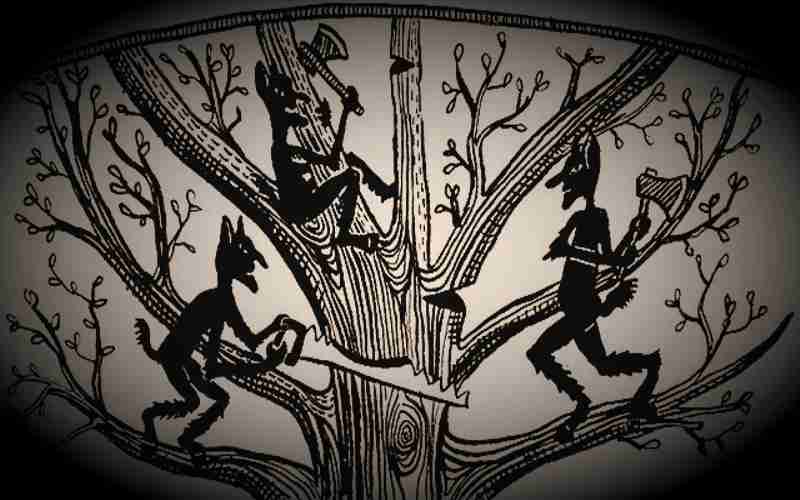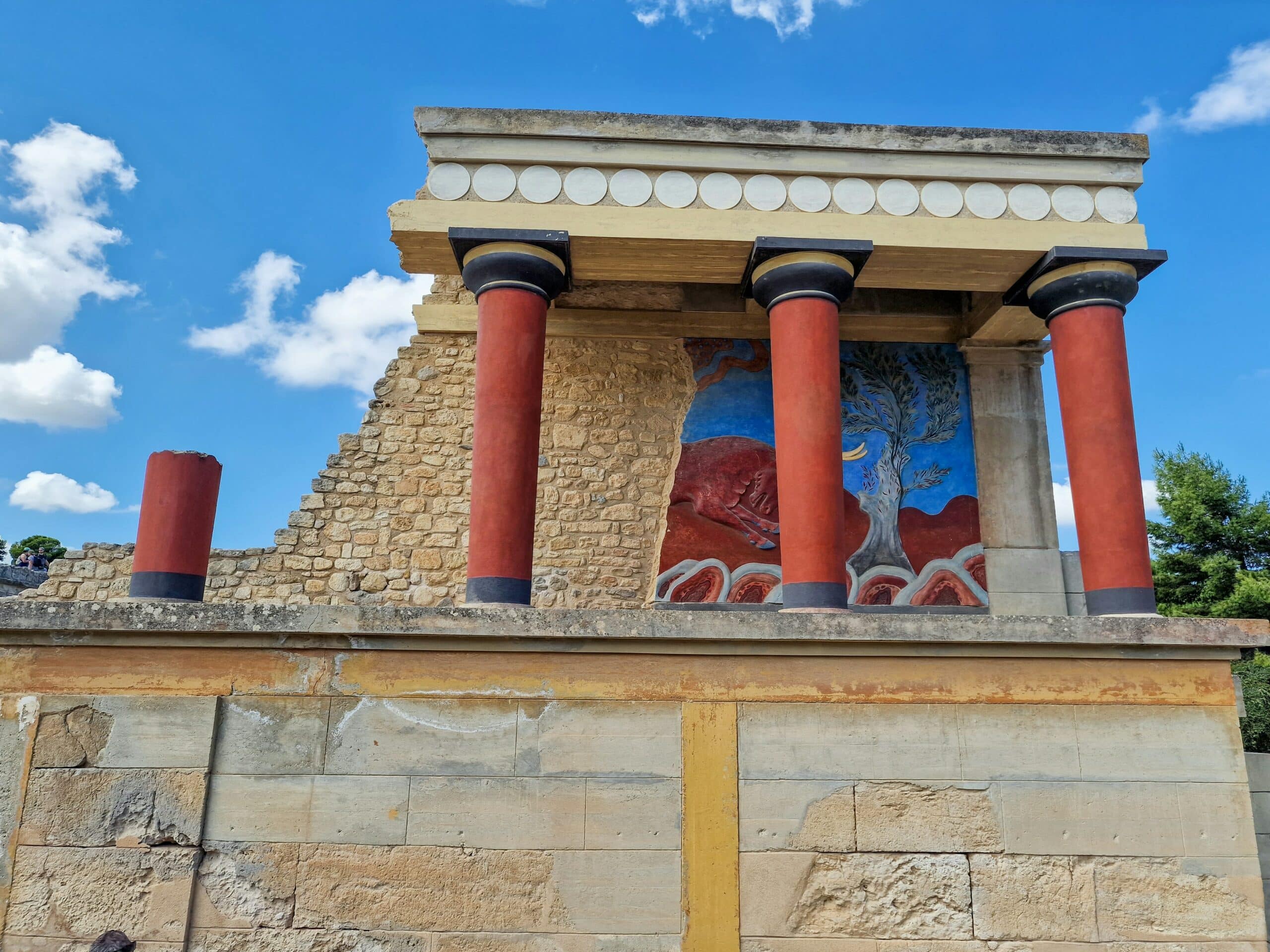
The Legend of Greek Christmas Elves: Kallikantzaroi
As the festive season envelops the world, various cultures have their own unique traditions and mythical creatures that add a touch of magic to the holiday spirit. In Greece, the yuletide season comes alive with the fascinating legend of the Kallikantzaroi, mythical Christmas elves that have captured the imagination of generations. Join us on a journey through the enchanting folklore surrounding these mischievous beings and discover the traditions that have kept the legend alive for centuries.
The legend of the Kallikantzaroi, dating back centuries, is deeply rooted in Greek folklore. According to tradition, these mischievous creatures dwell underground throughout the year, only emerging during the twelve days of Christmas, from December 25th to January 6th. Described as small, impish beings with grotesque features, the Kallikantzaroi are said to resemble goblins or demons. They are believed to have long, shaggy hair, hooves for feet, and a tail. Despite their intimidating appearance, these creatures are not inherently evil, but their mischievous behavior during the Christmas season can be troublesome.
During their brief time on Earth, the Kallikantzaroi bring chaos and mischief. Legend has it that they target households, causing mayhem by playing pranks, stealing belongings, and even fouling fresh food. To ward off these troublesome creatures, Greeks follow various customs and rituals, including leaving a fire burning in the hearth throughout the night to prevent the Kallikantzaroi from entering through the chimney.
To protect their homes from the antics of these Christmas elves, the Greeks have devised a range of customs and rituals. Lighting fires, hanging holly and garlic, and placing a colander on the doorstep are among the l practices believed to keep the Kallikantzaroi at bay. They are performed to ensure that the mischievous beings are unable to wreak havoc on households during the festive season.
Legend tells us that the Kallikantzaroi reign of mischief comes to an end on the Feast of the Epiphany, celebrated on January 6th. As the waters are blessed during the Epiphany service, the Christmas elves retreat underground, only to resurface the following year when the holiday season arrives once again.
The legend of the Greek Christmas elves, the Kallikantzaroi, adds a fascinating and mystical element to the rich tapestry of Greek folklore. As families come together to celebrate the festive season, the age-old customs and rituals associated with these mischievous beings continue to be passed down from generation to generation. Embracing the spirit of both wonder and caution, the Kallikantzaroi remain an integral part of Greece’s unique and magical Christmas traditions.
Related


